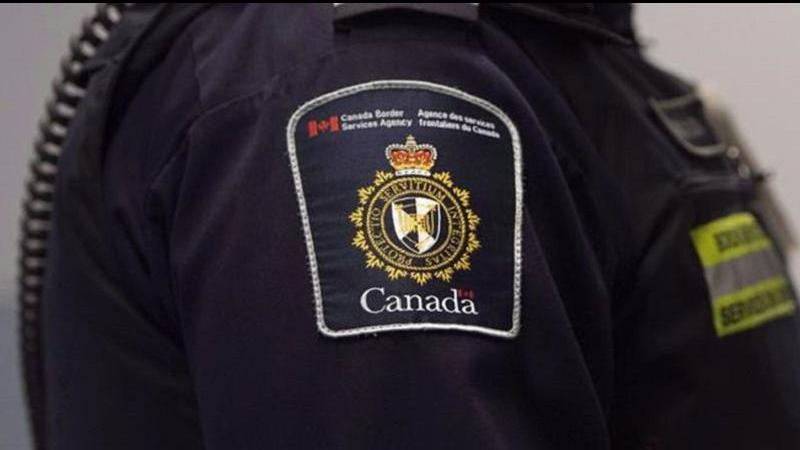
CBSA warns of scams using false agency credentials
OTTAWA, ON – Officials from the Canada Border Services Agency (CBSA) are warning the public about ongoing email, web, text message and telephone scams making the rounds.
They say individuals posing as staff from the CBSA are asking for payment and/or personal information from victims, including one’s Social Insurance Number. In a release, the agency notes that the methods and messages used by the scammers are varied and ever-changing but are always designed to demand money and lure people into providing personal details.
In some instances, the scams use false CBSA information. Telephone calls may display numbers and employee names that falsely appear to be from the agency. Officials warn that fake emails may contain CBSA logos, email addresses or employee names and titles to mislead the public.
The Canada Border Services Agency never initiates a request for someone’s social insurance number and credit card number by email or phone. If an individual receives a call or email asking for this information, or requesting payments from the CBSA, it is a scam. The agency advises to ignore those calls or emails and report the incident to the Canadian Anti-Fraud Centre.
